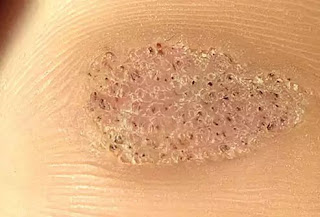The raised blood sugar levels that result from diabetes can cause a wide range of serious health issues. When people have diabetes, the body either does not make enough insulin or cannot use what it has effectively. As a result, the amount of sugar in the blood becomes higher than normal.
Blood sugar is the main power source for the human body. It comes from the food people eat. The hormone insulin convert glucose into fuel. Diabetes may
cause complications in the circulatory system, which can lead to heart attack and stroke.
Diabetes can damage large blood vessels, causing macrovascular disease.
It can also damage small blood vessels, causing what is called microvascular disease. Microvascular disease can
cause eye, kidney, and nerve problems.
Excess blood sugar decreases the elasticity of blood vessels and causes them to narrow, impeding blood flow.
When people have diabetes, they can develop nerve damage because the blood vessels can not supply enough oxygen.
Nerve damage usually happens some 25 years or more after diagnosis. The most common form is peripheral neuropathy which causes pain and numbness in toes, feet, legs, and arms.
Over time, high blood sugar levels damage blood vessels in the kidneys. This damage prevents the kidneys from filtering waste out of the blood.
According to the National Institute of Diabetes and Digestive and Kidney Diseases, diabetes is one of the major
causes of kidney disease.
Diabetes is the most frequently identified cause of gastroparesis. This is a condition that causes the stomach to slow the movement of food into the small intestine.
A person with gastroparesis may experience symptoms such as nausea, abdominal pain, and acid reflux.
Gastroparesis may cause: nausea, vomiting, acid reflux, bloating, abdomen pain and weight loss
Diabetes can interfere with the body’s ability to send and implement responses to sexual stimuli. It can cause erectile dysfunction in men. If you have
diabetes, you can manage it by monitoring your glucose level and working closely with your health providers.



